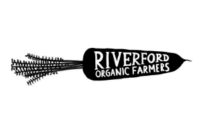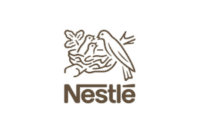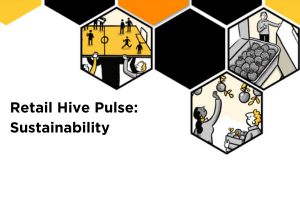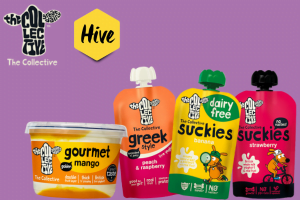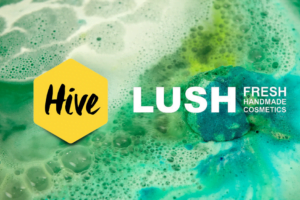The Retail Hive: Digital Café, 8th August
Do we have it all wrapped up?
- Retailers are all working towards the same goal.
- There is a desire for greater collaboration, both among our members and within the retail industry as a whole.
- The upcoming packaging tax will generate significant fees, which will be a key driver for industry change.
- Members are keen to explore Knowledge Transfer Partnerships and have a central industry hub to share best practices more widely.
- There is an eagerness to learn more about the Flexible Plastic Fund that the food industry has already established, acting as inspiration for the retail clothing sector.
Join us as we delve deeper into the key takeaways from our latest Café on the sustainable packaging conundrum…

Challenges with Pouch Packaging
Pouch packaging is difficult to recycle due to its multi-layer construction, often containing plastic and aluminium layers. Members have experienced significant difficulties in finding a single-polymer pouch material that can withstand chilled environments, without compromising quality and recyclability.
Moreover, take-back schemes for pouch recycling are struggling to gain traction, with very low consumer participation rates overall. One retailer recently invested in a plant to recycle flexible plastics, such as pouches, but lack of infrastructure remains a major obstacle here.
Collaboration and Take-Back Schemes
Lack of consumer engagement and education around recycling practices are proving to be particularly challenging. Members explained that even when take-back schemes are offered, the return rates are often extremely low—just 0.012% in some cases—making them ineffective.
The group agreed that relying on consumers to return packaging is not a viable long-term solution. As one member shared, this requires a lot of effort and is not suitable for the masses, only the most eco-conscious consumers.
Ultimately, the infrastructure and ease of use for consumers needs to improve significantly for these take-back schemes to be successful.
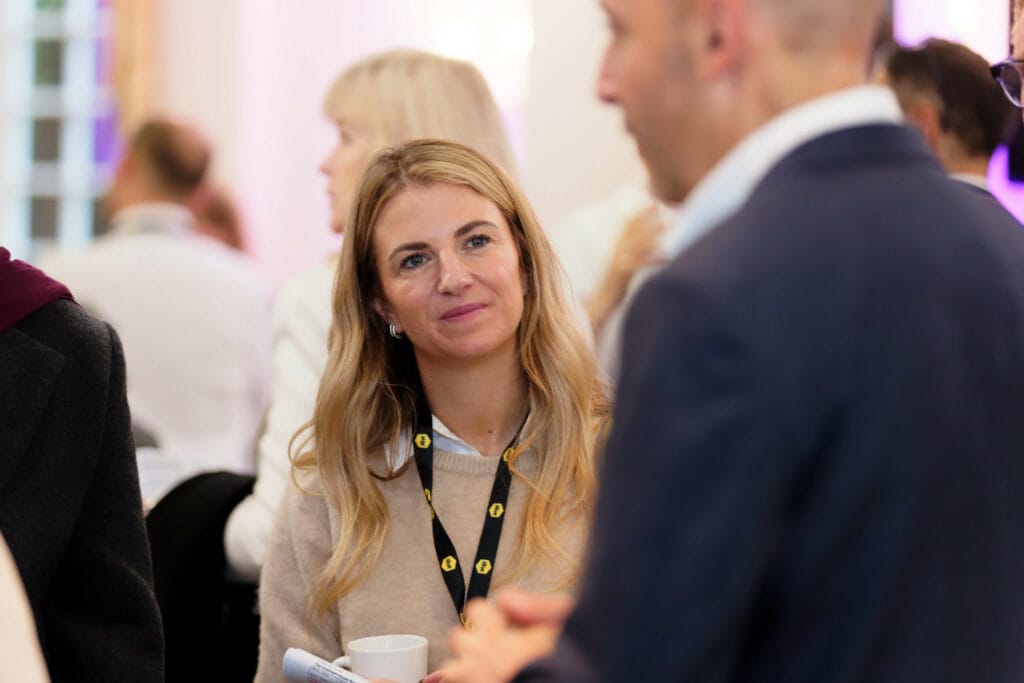
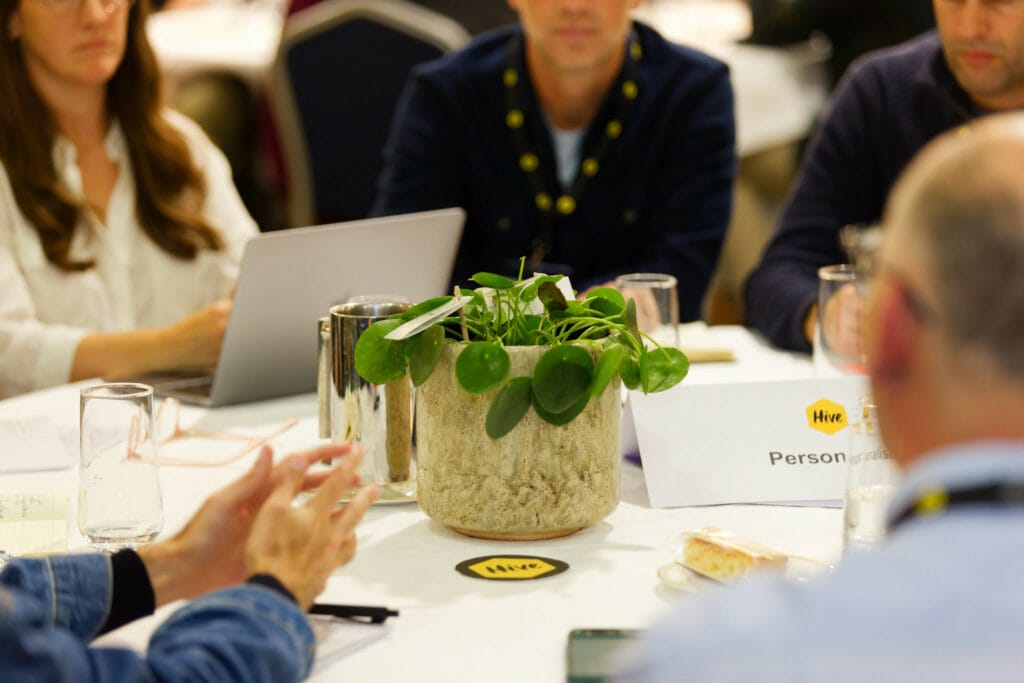
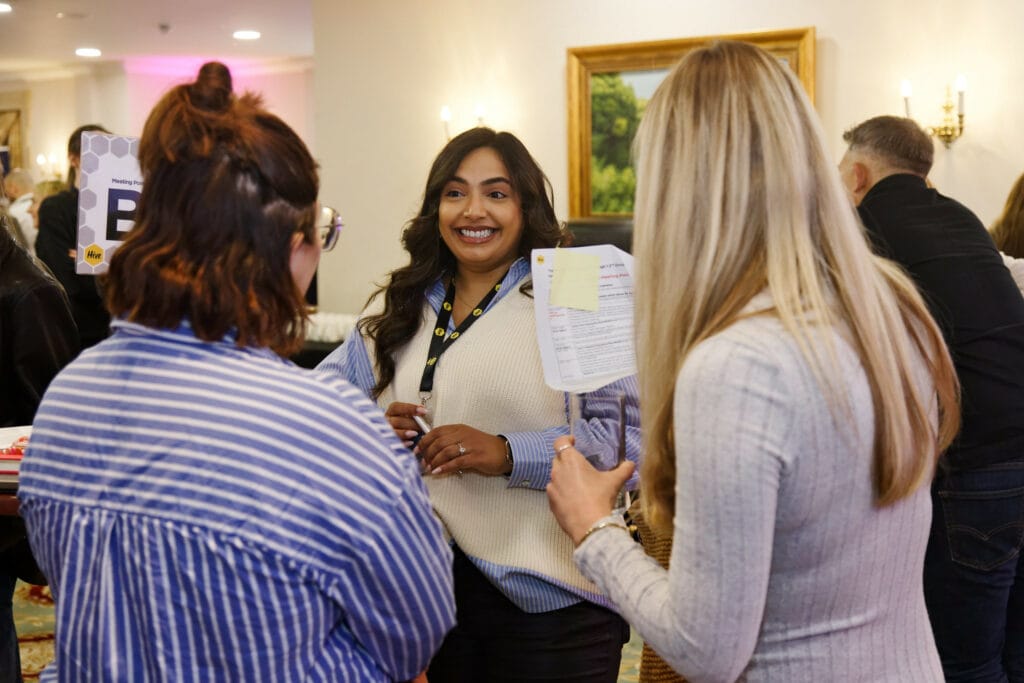
Balancing Packaging Priorities
Materiality assessments are crucial to making informed, evidence-based decisions about packaging that balance environmental, operational and consumer considerations. They help retailers to prioritise their sustainability efforts based on the most significant environmental impacts, rather than focusing solely on recyclability or other surface-level attributes. For example, some members explained that their key priority is reducing carbon emissions, resulting in them choosing plastic packaging over glass despite glass being widely recycled.
Members also discussed the trade-off between paper and plastic. Paper packaging can be more biodegradable, but has limitations around recyclability and infrastructure compared to plastic. Plastic packaging has a lower carbon footprint in many cases, but the recyclability of certain plastic formats like pouches remains a major challenge. Retailers are exploring both paper and plastic options, but need to carefully consider the full life-cycle impact and infrastructure realities, rather than just focusing on one material.
Data Sharing
A useful initiative would be having a central hub for information and expertise on sustainable packaging, similar to how there was a group formed for Brexit that allowed retailers to get on the same page. This would enable retailers to coordinate the industry and provide a source of truth, as opposed to the current fragmented approach. Members asked what the tipping point will be that spurs the industry to come together more proactively. “Will this be government reform?”
Currently, retailers are constrained from collaborating effectively due to competition law and restrictions on the type of data that companies can share with each other. In turn, this makes it difficult for packaging companies to reach the right decision-makers, even if they have a good solution to offer. The importance of an ‘honest broker’ or a Knowledge Transfer Partnership was stressed by members, which could bring companies together and facilitate necessary data sharing.
One member shared that their packaging supplier collects packaging and reuses this in their own loop. This type of local-level collaboration could be an effective way to address waste issues, but overcoming barriers requires a concerted effort.
Recycling and Reverse Logistics
The group discussed the Flexible Plastic Fund, which is a collaboration between the government, retailers, producers and other interested parties to figure out a way to get some of the flexible plastic waste back and recycled.
One member shared how 98% of their packaging is currently recyclable. They have a large supply chain—with most of their products coming from Asia—and they are focused on reducing the weight of their packaging across primary, secondary and tertiary levels. They collect soft plastic packaging from their stores and send it back to their distribution centres, where it is then shipped to a supplier who makes reusable bags for customers to take back to stores. This allows them to track the plastic as it moves through the supply chain.
Join Our Next Café!
We’ve got more sustainable conversations coming up and we’ll be diving into other key themes, such as customer loyalty and driving efficiencies in marketing spend.
Access our schedule and register your interest via the button below…

